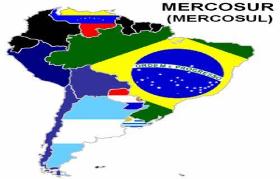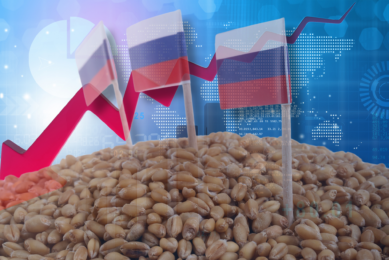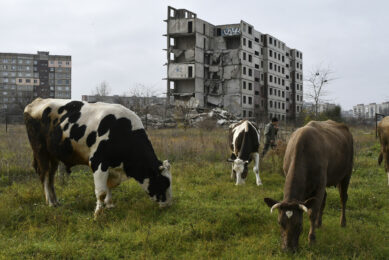Scottish farmers object EU-Mercosur trade talks

Scottish farmers have openly expressed their opposition to the ongoing trade talks between the European Union and Mercosur demanding guarantees on human health, animal health and food safety before any additional access for imported products from the South American block is agreed.
The National Farmers’ Union (NFU) Scotland in its latest letter to the European Trade Commissioner laid out five areas for which it demands guarantees.
If not discussed they fear consumer confidence in food production could be undermined, the EU animal disease status challenged and Europe’s reputation for food production and food safety damaged.
Food security undermined
NFU Scotland Vice-President, Nigel Miller said: “The prospect of a Mercosur deal increasing the EU trade for goods and services as a consequence of a bilateral trade agreement is laudable and increasingly likely, but jeopardising the EU ability to produce food or undermining our food security by exposing us to new risks is too high a price to pay.
“Having gone to enormous lengths to enshrine stringent animal disease and food safety controls within Europe, we cannot allow produce to enter our region from countries whose own safeguards are clearly not robust.
“That would not only have implications for our own standards on animal health and welfare but also poses huge question marks over food safety for our consumers here in Europe.
“Europe needs to draw a number of red lines on standards that must be met or we risk allowing products to enter Europe with unacceptable levels of controls. We have clearly laid out to Trade Commissioner de Gucht five critical areas that must be addressed to the satisfaction of Europe’s farmers before any trade deal is agreed.
Growth promoters
“Basic food control measures must be found to be satisfactory – this is an area where failures have been recorded in the past – and use of veterinary medicines, veterinary supervision and withdrawal periods must match those standards demanded of livestock producers here in Europe.
“A number of growth promoters and veterinary drugs not approved for use in Europe are also regularly used in Mercosur countries and produce from animals treated with such products should not have access to our markets. Our consumers would expect no less.
“Trade negotiators must also recognise the considerable efforts being made in Europe to tackle the microbial quality of food, to reduce food-borne illness, and work with industry and veterinarians to significantly reduce the risk of antimicrobial resistance.
“All that good work in reducing risks to animal and human populations would mean little, if import standards did not protect this effort,” Miller said.











